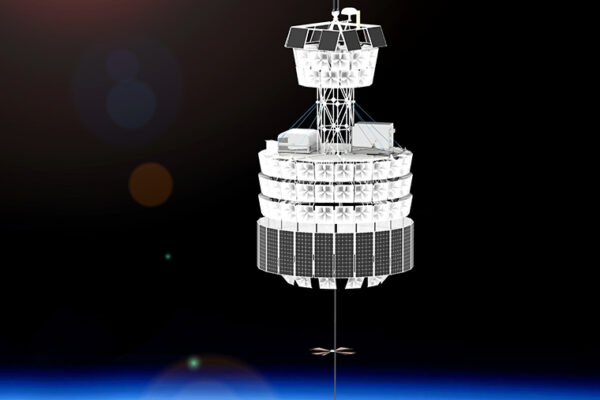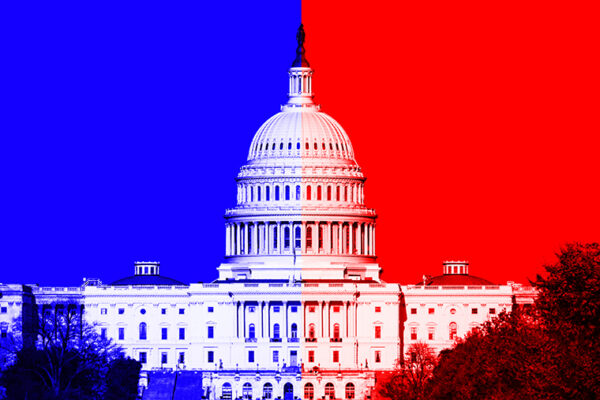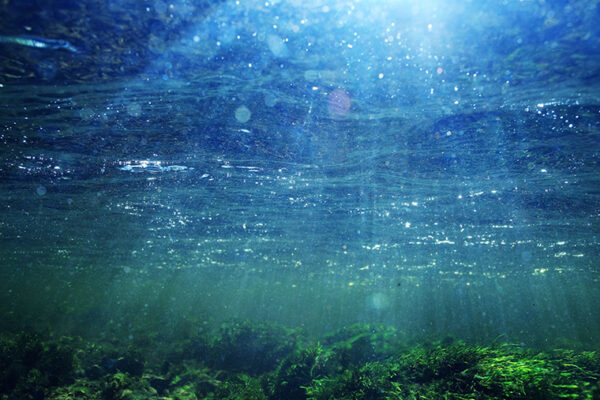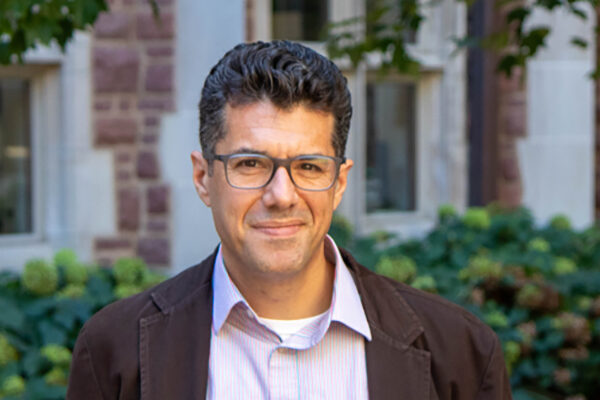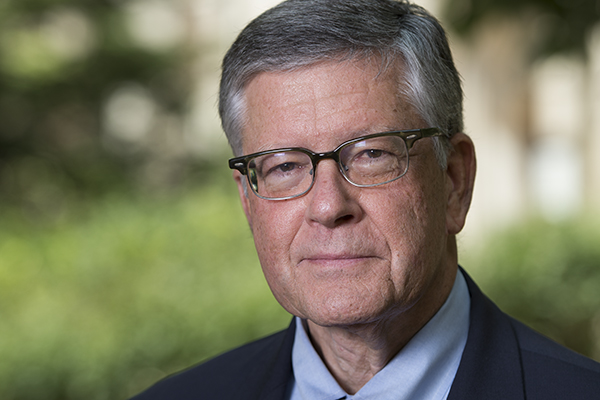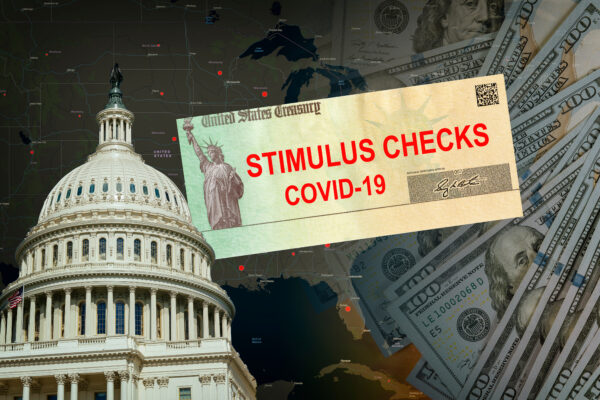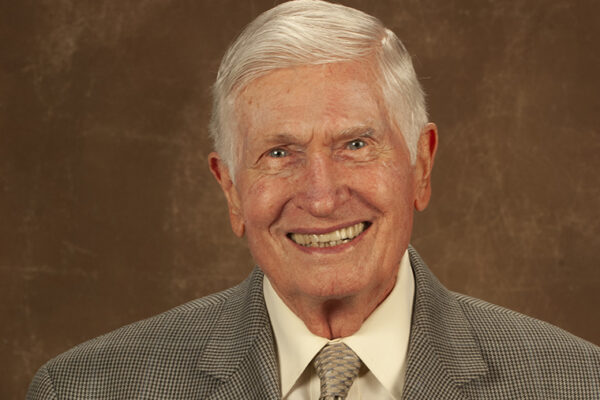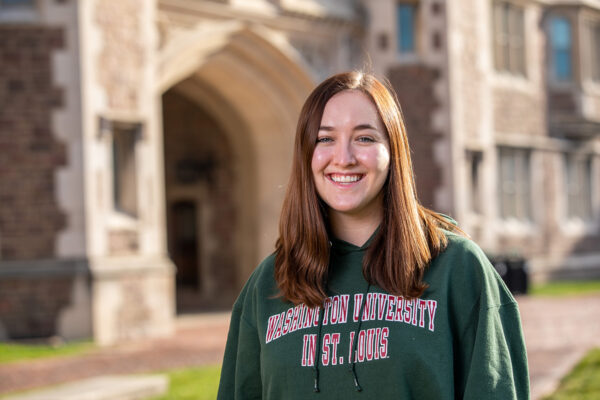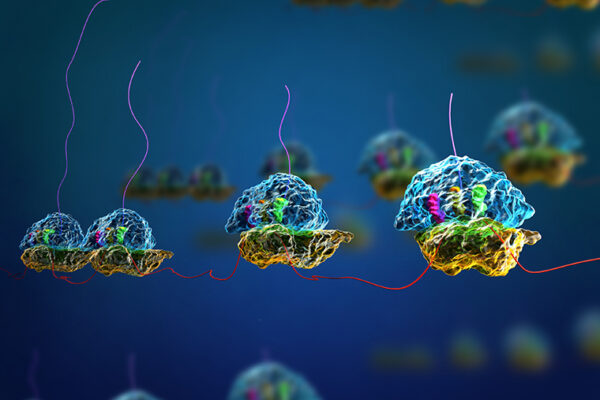NASA selects astrophysics mission to detect ultrahigh-energy neutrinos
Physicists in Arts & Sciences, including Brian Rauch, are part of a team funded by NASA to develop the concept for the most sensitive survey of cosmic ultra-high energy neutrinos ever conducted.
Is compromise possible in a split Senate?
While there are no formal rules about how the Senate should function in the event of an even split, there is a template, says an expert on congressional politics at Washington University in St. Louis.
Orange is the new ‘block’
New research from Washington University in St. Louis reveals the core structure of the light-harvesting antenna of cyanobacteria — including features that both collect energy and block excess light absorption. Orange carotenoid protein plays a key protective role, according to Haijun Liu, research scientist in chemistry in Arts & Sciences at Washington University in St. Louis.
Psychonomic Society recognizes Zacks with Mid-career Award
Jeffrey Zacks, associate chair and professor of psychological and brain sciences in Arts & Sciences, and of radiology at the School of Medicine, received the Mid-career Award from the Psychonomic Society.
How will we remember this holiday season?
How will this year’s celebrations be remembered? The answer will be “differently than normal” for some individuals, but collective memory for the pandemic itself is likely to fade quickly for most people.
Roediger honored for leadership, research contributions
The American Psychological Association has named Henry L. “Roddy” Roediger, the James S. McDonnell Distinguished University Professor of Psychological & Brain Sciences in Arts & Sciences, the recipient of its 2021 Award for Distinguished Scientific Contributions. In addition, the Psychonomic Society has awarded Roediger the Clifford T. Morgan Distinguished Leadership Award.
We need economic rescue, and we need it now
After months of failed negotiations that have left many Americans, businesses and the economy in the lurch, lawmakers are scrambling to reach a deal on an economic stimulus plan that could top $900 billion. If Congress passes the deal, will it do enough to help struggling Americans and businesses stay afloat? To answer that question, three business and economics experts at Washington University in St. Louis shared their thoughts on the proposed plan, what lawmakers got right, what is missing and what ticking time bombs remain.
Walter H. Lewis, professor emeritus in Arts & Sciences, 90
Walter H. Lewis, professor emeritus of biology in Arts & Sciences at Washington University in St. Louis, died peacefully at his home in St. Louis on Nov. 17, 2020. He was 90.
Class Acts: Dani Wilder
December graduate Dani Wilder is helping local students through the WashU Tutoring Initiative, a network of 130 K-12 student tutors who lead online lessons in math, science, languages and more for both typical learners and those with learning or physical disabilities. The program supports 440 families in the St. Louis region.
Seeking to avoid ‘full lockdown,’ cells monitor ribosome collisions
Ribosomes are the machines in the cell that use instructions from mRNA to synthesize functional proteins. When something goes awry, cells monitor for ribosome collisions to determine the severity of the problem, according to new research from Washington University in St. Louis biologists in Arts & Sciences.
View More Stories
